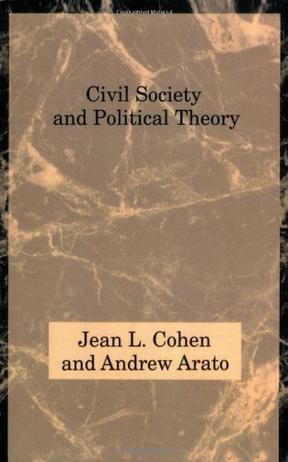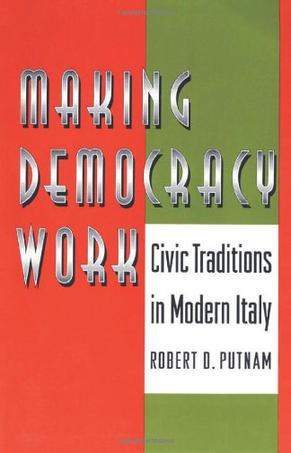-

The Civil Sphere
How do real individuals live together in real societies in the real world? Jeffrey Alexander's masterful work, The Civil Sphere, addresses this central paradox of modern life. Feelings for others--the solidarity that is ignored or underplayed by theories of power or self-interest--are at the heart of this novel inquiry into the meeting place between normative theories of what we think we should do and empirical studies of who we actually are. A grand and sweeping statement, The Civil Sphere is a major contribution to our thinking about the real but ideal world in which we all reside. -

Civil Society and Political Theory
In this major contribution to contemporary political theory, Jean Cohen and Andrew Arato argue that the concept of civil society articulates a contested terrain in the West that could become a primary locus for the expansion of democracy and rights. -

Making Democracy Work
Why do some democratic governments succeed and others fail? In a book that has received attention from policymakers and civic activists in America and around the world, Robert Putnam and his collaborators offer empirical evidence for the importance of "civic community" in developing successful institutions. Their focus is on a unique experiment begun in 1970 when Italy created new governments for each of its regions. After spending two decades analyzing the efficacy of these governments in such fields as agriculture, housing, and health services, they reveal patterns of associationism, trust, and cooperation that facilitate good governance and economic prosperity.